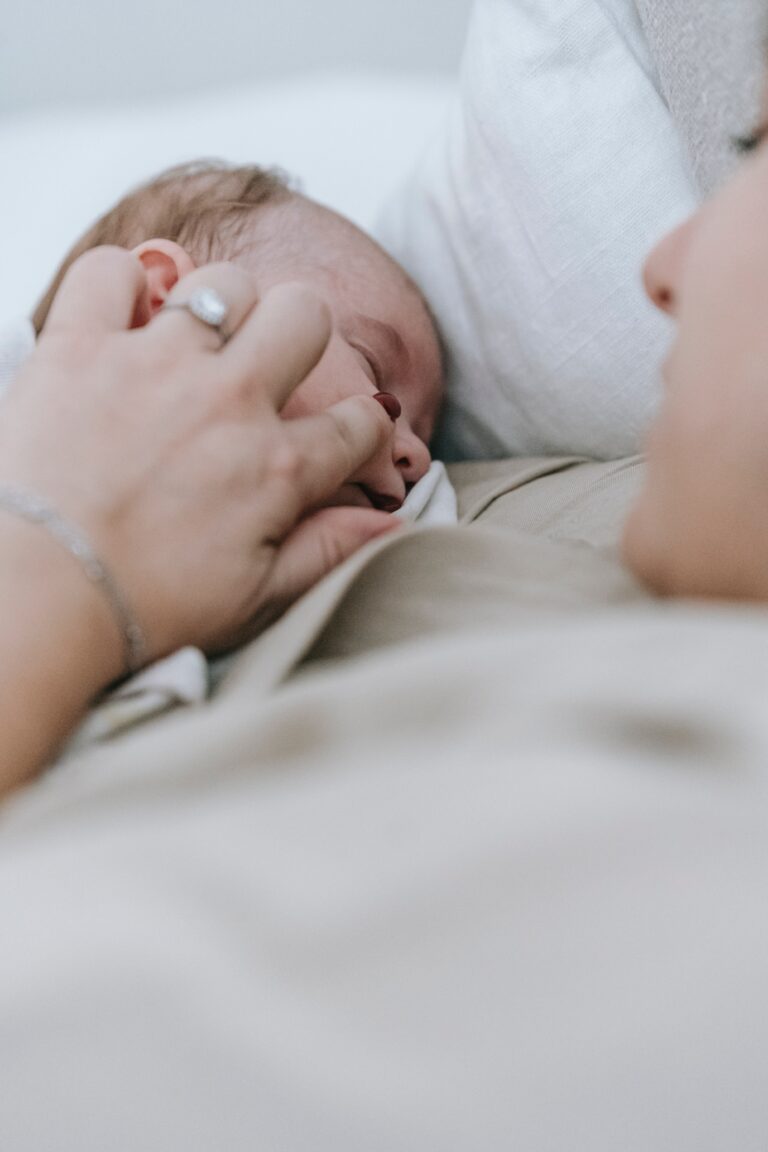COVID-19 in Pregnancy & Birth

Among these changes is the rapid adoption of telehealth for antenatal care, development of virtual antenatal education services, restrictions to visiting access to the maternity and labour wards in most hospitals, and advent of ‘hospital in the home’ services for newborns where feasible, to keep mothers and babies together.
WHA is supporting member health services to share data and experiences of these changes in models of care and service delivery. Early evaluations are suggesting that women have appreciated the new flexibility of maternity services in terms of providing access to tailored antenatal education and care by virtual means. Most providers have also adapted well to this new format for care as well. There are still some challenges, however, particularly in relation to ensuring that it is possible to identify and respond to the needs of women who may be experiencing perinatal mental health issues or intimate partner violence during their pregnancies or early parenting.

As the COVID-19 pandemic shows no sign of abating, many maternity services are now considering which of the changes introduced to adapt to the pandemic should become enduring features of how maternity care is provided in the future, and which reforms need to be reversed or wound back once rates of transmission of COVID-19 ease.
As part of these discussions a number of services, often in partnership with research institutions, are undertaking evaluations of the impacts from the point of view of both women receiving care and maternity and newborn care providers of changes such as virtual antenatal education and care. There are a range of valuable presentations on these themes available in our member’s community.
WHA is also preparing to forge partnerships with both clinical and academic researchers to enable expert analysis of our extensive clinical datasets to assist with better understanding the impacts on women and newborns of exposure to COVID-19 during pregnancy, labour, birth and/or the postnatal period.



